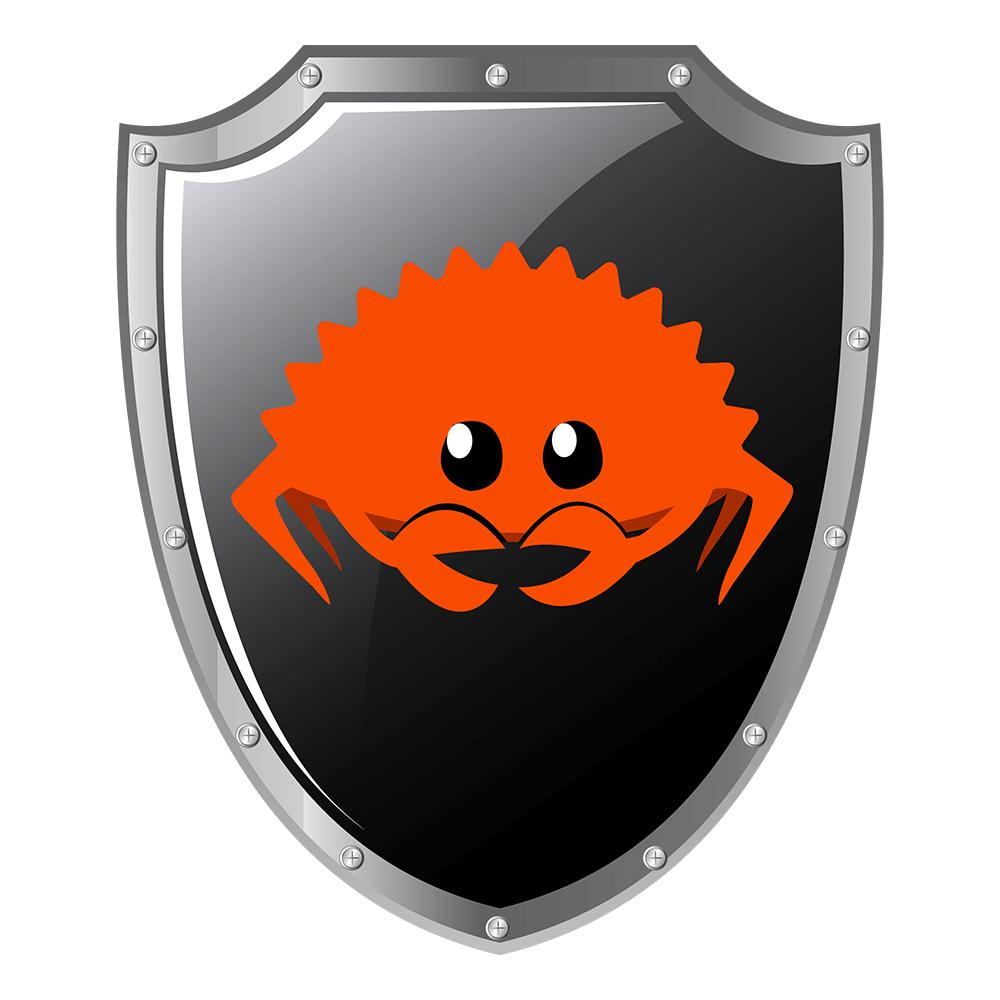pub enum Tier {
One,
Two,
Three,
}Expand description
Rust platform tiers: support levels are organized into three tiers, each with a different set of guarantees.
Variants
One
Tier 1 platforms can be thought of as “guaranteed to work”. Specifically they will each satisfy the following requirements:
- Official binary releases are provided for the platform.
- Automated testing is set up to run tests for the platform.
- Landing changes to the rust-lang/rust repository’s master branch is gated on tests passing.
- Documentation for how to use and how to build the platform is available.
Two
Tier 2 platforms can be thought of as “guaranteed to build”. Automated tests are not run so it’s not guaranteed to produce a working build, but platforms often work to quite a good degree and patches are always welcome!
Specifically, these platforms are required to have each of the following:
- Official binary releases are provided for the platform.
- Automated building is set up, but may not be running tests.
- Landing changes to the rust-lang/rust repository’s master branch is gated on platforms building. For some platforms only the standard library is compiled, but for others rustc and cargo are too.
Three
Tier 3 platforms are those which the Rust codebase has support for, but which are not built or tested automatically, and may not work. Official builds are not available.
Implementations
Trait Implementations
sourceimpl Ord for Tier
impl Ord for Tier
sourceimpl PartialOrd<Tier> for Tier
impl PartialOrd<Tier> for Tier
sourcefn partial_cmp(&self, other: &Tier) -> Option<Ordering>
fn partial_cmp(&self, other: &Tier) -> Option<Ordering>
This method returns an ordering between self and other values if one exists. Read more
1.0.0 · sourcefn lt(&self, other: &Rhs) -> bool
fn lt(&self, other: &Rhs) -> bool
This method tests less than (for self and other) and is used by the < operator. Read more
1.0.0 · sourcefn le(&self, other: &Rhs) -> bool
fn le(&self, other: &Rhs) -> bool
This method tests less than or equal to (for self and other) and is used by the <=
operator. Read more
impl Copy for Tier
impl Eq for Tier
impl StructuralEq for Tier
impl StructuralPartialEq for Tier
Auto Trait Implementations
impl RefUnwindSafe for Tier
impl Send for Tier
impl Sync for Tier
impl Unpin for Tier
impl UnwindSafe for Tier
Blanket Implementations
sourceimpl<T> BorrowMut<T> for T where
T: ?Sized,
impl<T> BorrowMut<T> for T where
T: ?Sized,
const: unstable · sourcefn borrow_mut(&mut self) -> &mut T
fn borrow_mut(&mut self) -> &mut T
Mutably borrows from an owned value. Read more
sourceimpl<T> ToOwned for T where
T: Clone,
impl<T> ToOwned for T where
T: Clone,
type Owned = T
type Owned = T
The resulting type after obtaining ownership.
sourcefn clone_into(&self, target: &mut T)
fn clone_into(&self, target: &mut T)
toowned_clone_into)Uses borrowed data to replace owned data, usually by cloning. Read more
